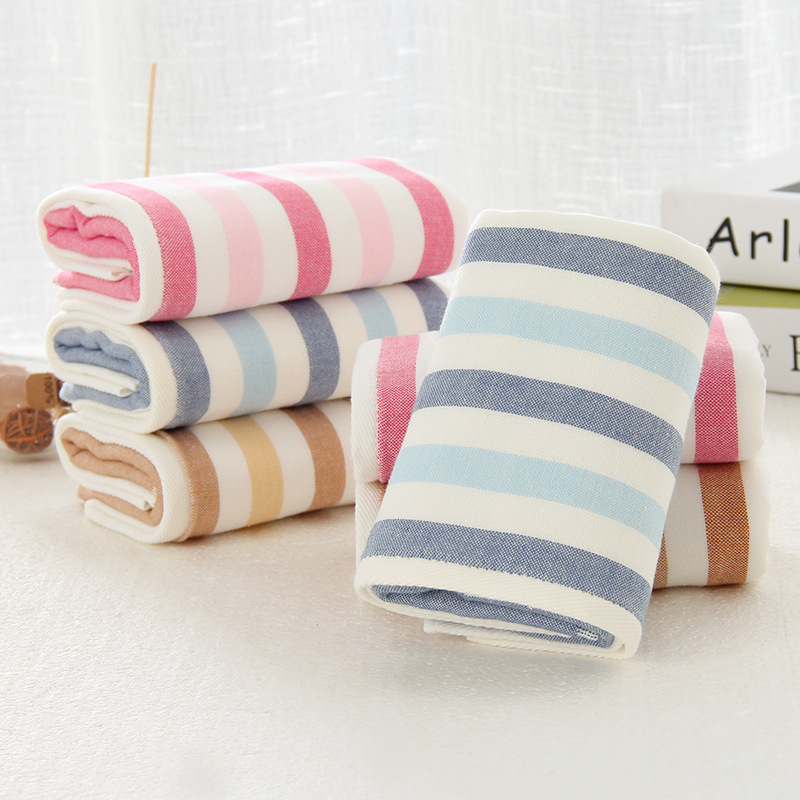Bamboo towels have gained attention not only for their eco-friendliness but also for the remarkable properties of bamboo fibers. The science behind bamboo fiber explains why it’s an ideal choice for creating towels that are both functional and luxurious.
Fiber Structure: Bamboo fibers have a unique microstructure that includes small gaps and holes. This structure contributes to the fiber’s high absorbency, allowing it to wick moisture away from the body.
Micro-gaps for Ventilation: The micro-gaps in bamboo fibers also provide excellent ventilation, ensuring that the fabric remains breathable and comfortable even in humid conditions.
Bamboo Kun: Bamboo contains a substance called “bamboo kun,” which is a bio-agent with natural antibacterial properties. These properties inhibit bacterial growth, making bamboo towels naturally resistant to odors and germs.
Smooth Surface: Bamboo fibers have a smooth surface that feels gentle against the skin. This smoothness contributes to the silky softness of bamboo towels.
Moisture-Wicking: Bamboo towels are excellent at moisture-wicking, which means they pull moisture away from the skin and disperse it on the surface. This attribute enhances their absorbency and drying speed.
Thermo-Regulation: Bamboo fibers have the ability to adapt to temperature changes. This means they feel cool on hot days and warm on cold days, providing a comfortable experience regardless of the weather.
Low Environmental Impact: Bamboo is a sustainable plant that grows rapidly and requires minimal water and pesticides. The process of turning bamboo into fibers is generally less chemically intensive compared to other textiles.
Durability: While bamboo fibers are softer than cotton, they are also remarkably strong. Bamboo towels are known for their durability and long-lasting performance.
By harnessing the unique properties of bamboo fibers, manufacturers create towels that are not only eco-friendly but also offer superior comfort, absorbency, and hygiene benefits.







